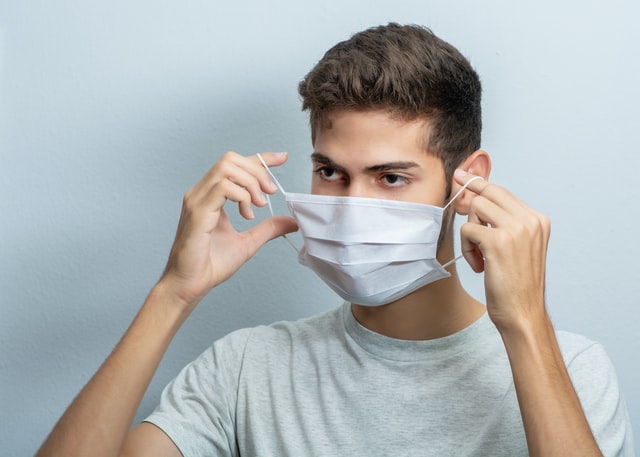
As the next semester begins, we see a current spike in COVID-19 cases. Masks are increasingly necessary and a part of our day-to-day living. So, just like making a strategy for attaining goals, industrious students and teachers familiarize themselves with the CDC guidelines on masking up. However, these guidelines change regularly.
Masking as a Part of Culture
The changes are so frequent that in true internet-of-things, Generation Z style, memes on the CDC proliferate— joking about all the possibilities of what “the CDC says.”
But jokes aside, scientists are creating their content related to masking. For example, novel research looks at how wearing a mask might be related to different levels of emotional awareness.
What Science Suggests
Scientists who focus on visually impaired individuals studied a sample of 119 individuals. The study focused on the tone of voice, body language, and other emotional indicators. According to this study, the younger the tested individual, the higher the rate of inaccuracy between reading emotions. Children 3-5 years old had the most severe disadvantage in discerning emotions with mask wearers. Such inability led to facial misinterpretation and resulted in some behavior that could be considered inappropriately aggressive.
However, for those who were older and grew up with a sense of emotional awareness more acute based on years of practice without a mask, this inability to read emotions correctly was not as dramatic. Younger children “faced,” if you will, all the consequences.
It Would Be Best To Mask Up Anyways…
While this study may not entirely prove that wearing a mask makes you meaner, it suggests causation between mask-wearing and emotional intelligence. But, perhaps the question is moot. It seems mask-wearing will be a way in congested settings like schools for the foreseeable future. Regardless of how a mask affects emotional development, we are sure that it positively impacts our health. That certainty means you should probably mask up anyways.
